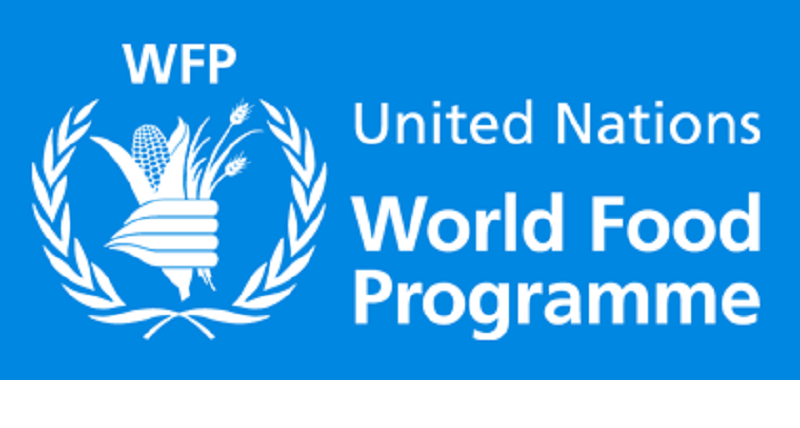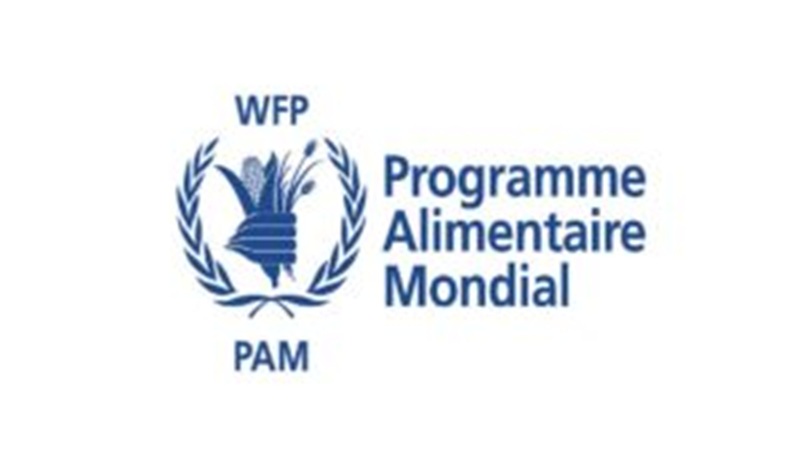Le Programme alimentaire mondial des Nations unies est la plus grande agence humanitaire qui lutte contre la faim dans le monde. La mission du PAM est d’aider le monde à atteindre la faim zéro de notre vivant. Chaque jour, le PAM travaille dans le monde entier pour faire en sorte qu’aucun enfant ne se couche le ventre vide et que les plus pauvres et les plus vulnérables, en particulier les femmes et les enfants, puissent avoir accès aux aliments nutritifs dont ils ont besoin.
STANDARD MINIMUM QUALIFICATIONS
Education: Completion of secondary school education. A post-secondary certificate in the related functional area.
Language: Fluency in both oral and written communication in the UN language in use at the duty station and in the duty station’s language, if different.
ORGANIZATIONAL CONTEXT
These jobs are found in Regional Bureaux (RBs), Country Offices (COs), Area/Field Offices (AOs/FOs). Job holders typically report to a Programme Policy Officer or Head of Field Office.
At this level, job holders are expected to demonstrate responsibility and initiative to respond independently to various queries with only general guidance. There is a requirement to use judgment in dealing with unforeseen operational problems on a daily basis. Job holders are expected to manage resources and coach and coordinate support staff.
JOB PURPOSE
To provide effective specialized support and technical analyses to policy and programme activities that effectively meet food assistance needs.
KEY ACCOUNTABILITIES (not all-inclusive)
1. Provide technical support and assist in the development and implementation of various activities and processes within the specific area of work supporting alignment with wider programme policies and guidelines.
2. Provide specialized project management support to specific and/or defined programmes to ensure that the various activities are performed within the established targets following WFP’s policies and procedures.
3. Within the specific area of responsibility, prepare a range of reports and data analysis (e.g. food assistance needs, resource utilization, programme status, performance) and highlight trends/issues ensuring deliverables adhere to corporate standards and quality control.
4. Ensure and/or perform accurate, timely recording of data within the specific technical area of work (e.g. assistance programmes, food security and vulnerability assessments) and consistency of information presented to stakeholders.
5. Liaise with internal counterparts to support effective collaboration, implementation and monitoring of ongoing project activities.
6. Coordinate and communicate with local partners, agencies, NGOs and government institutions to perform accurate food security analyses and to ensure efficient delivery of food assistance.
7. Support the capacity building of WFP staff, cooperating partners and national government within the specific technical area.
8. Act as a point of contact for resolution of a range of operational queries and problems within a specific technical area of responsibility.
9. Oversee and/or review the work of other support staff, providing practical advice and guidance, to contribute to delivering objectives to agreed standards and deadlines.
10. Follow standard emergency preparedness practices to ensure WFP is able to quickly respond and deploy needed resources to affected areas at the onset of the crisis.
CORE ORGANISATIONAL CAPABILITIES
Purpose
- Understand and communicate the Strategic Objectives: Coaches team in the most effective ways to communicate WFP’s Strategic Objectives to WFP team and partners in the field.
- Be a force for positive change: Implements new methods or tools to improve team’s work processes and productivity.
- Make the mission inspiring to our team: Maps team’s activities and tasks to specific successes in beneficiary communities to showcase positive impact.
- Make our mission visible in everyday actions: Explains to teammates how each unit contributes to the overall WFP mission.
People
- Look for ways to strengthen people’s skills: Identifies skill development opportunities such as training modules or on-the-job experiences for self, colleagues and direct reports.
- Create an inclusive culture: Facilitates team building activities to build rapport in own unit.
- Be a coach & provide constructive feedback: Facilitates the pairing of junior colleagues with coaches within own team.
- Create an “I will”/”We will” spirit: Proactively anticipates potential challenges and develops mitigation plans to ensure that team meets goals and targets.
Performance
- Encourage innovation & creative solutions: Identifies opportunities to be creative in own work and to help team be more innovative and accurate in their respective tasks and areas of work.
- Focus on getting results: Monitors team’s deliverables and provides feedback to ensure outcomes are delivered consistently and accurately.
- Make commitments and make good on commitments: Provides accurate guidance to team on expected responsibilities and tasks, whilst also upholding own commitment to the team.
- Be Decisive: Sets an example and provides guidance to junior team members on when to escalate issues when faced with challenging issues in the workplace or in the field.
Partnership
- Connect and share across WFP units: Facilitates partnerships with other WFP units to accomplish missions in the field.
- Build strong external partnerships: Sets an example and provides guidance to team on how to build relationships with external partners.
- Be politically agile & adaptable: Articulates to colleagues or direct reports the value of contributing to other WFP teams and agency partnerships in fulfilling WFP’s goals and objectives.
- Be clear about the value WFP brings to partnerships: Organizes, monitors, and prioritizes own and team’s efforts to ensure that they will fulfil the needs of internal and external partners.
FUNCTIONAL CAPABILITIES
| Capability Name | Description of the behaviour expected for the proficiency level |
| Programme Lifecycle & Food Assistance | Demonstrates ability to identify key variables and contextual factors that affect food assistance problems and programmes throughout the lifecycle to inform quality programme design or re-design. |
| Transfer Modalities (Food, Cash, Vouchers) | Demonstrates ability to implement, under guidance, food assistance programmes deploying the full range of transfer modalities with an understanding of basic principles guiding modality selection and implementation. |
| Broad Knowledge of Specialized Areas | Understands basic technical concepts and data and their relevance to food assistance programmes. |
| Emergency Programming | Displays capacity to provide inputs into the development, implementation and realignment of high quality emergency programmes. |
| Strategic Policy Engagement w/Government | Understands and applies basic principles of engagement with government counterparts at the national or local level. |
OTHER SPECIFIC JOB REQUIREMENTS
This section is optional to describe additional responsibilities & knowledge required for the specific job.
DESIRED EXPERIENCES FOR ENTRY INTO THE ROLE
• Has worked with technical teams (i.e. nutrition, VAM, etc.).
• Has contributed to implementation of programmes.
• Has observed or assisted with policy discussions.




